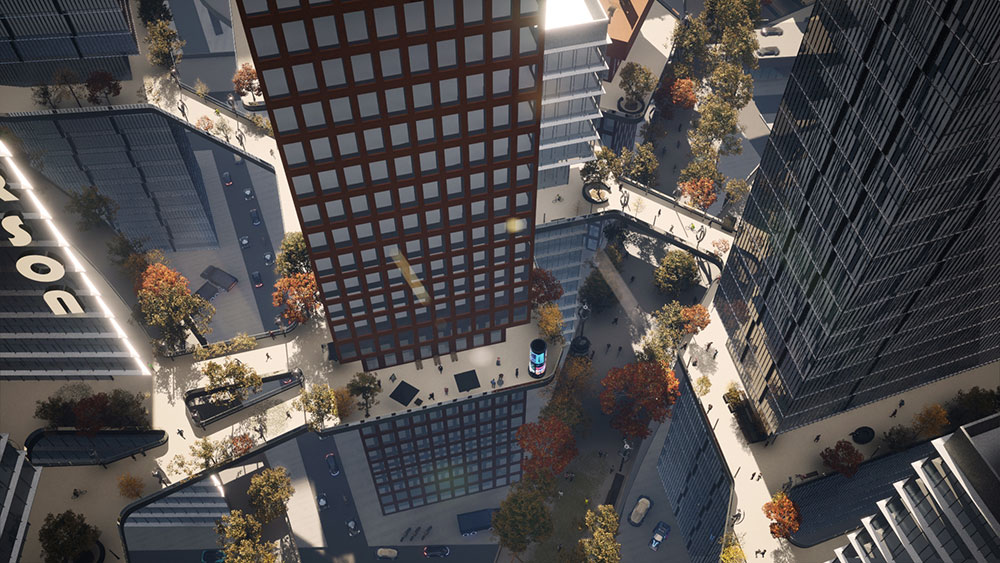Situated within a global top-tier school of architecture, the [CPU]ai atelier is at the cutting edge of architectural research and design. We explore alternative design processes through the development and application of innovative computational techniques and AI processes. By coding our own tools, we explore and harness the principles of complexity science—such as systems theory, self-organization, emergence, intelligence, structural change, and adaptation—to revolutionize the design, management, and governance of future cities.
Our research tackles pressing contemporary issues, including climate change, technological transitions, inequality, co-production, development strategies, resilient urban interventions, policy making, and urban morphology. Through the creation and implementation of bespoke computational methods, we push beyond conventional static design methodologies, embracing dynamic, temporal and contradictory processes that reflect the fluid and evolving nature of urban environments.
The CPU Studio is dedicated to pioneering new theoretical approaches and practical solutions, integrating cutting-edge technology and innovative design to shape the resilient and adaptive cities of tomorrow. #futures #codeyourowntools #complexurban


